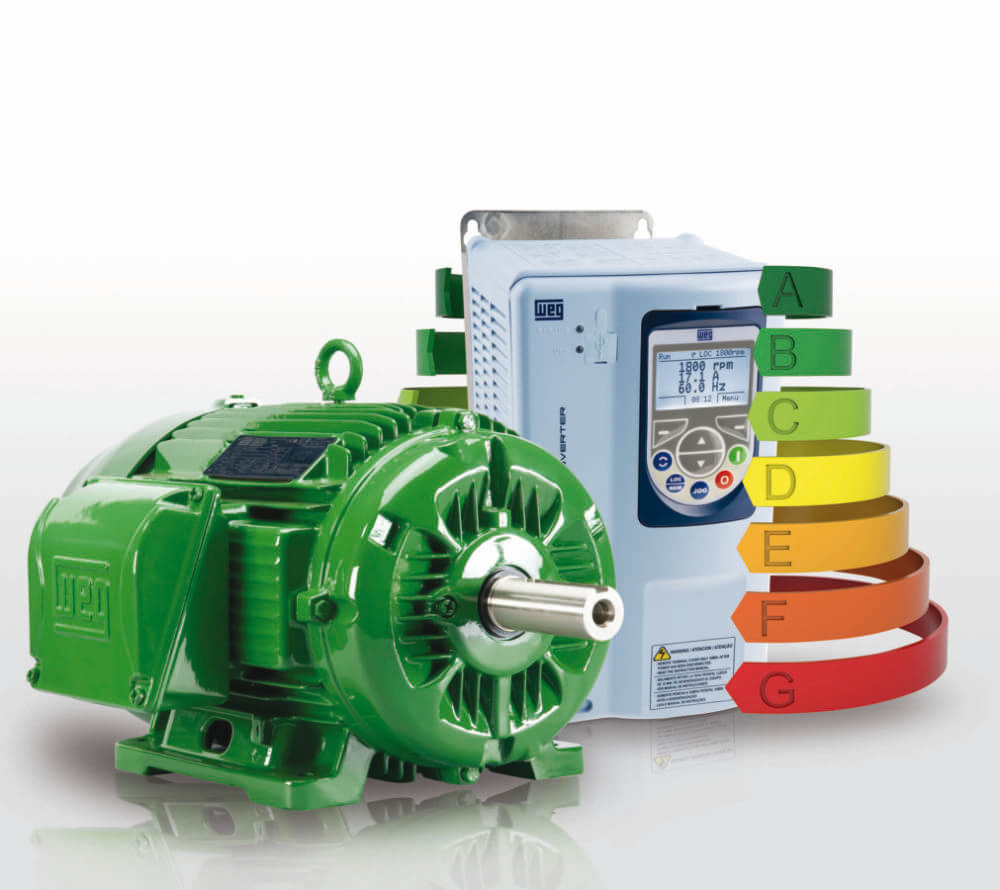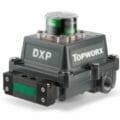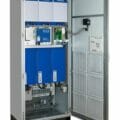Electric motors are the single biggest consumer of electricity. However, motor and drive manufacturer, WEG is setting the sustainability standard. Having long surpassed the latest energy regulations and operated to the principles of the Nations Sustainable Development Goals (SDG), WEG is continuing to improve its green manufacturing processes.
WEG is well versed in producing energy efficient products, having manufactured off-the-shelf motors to IE4 efficiency standard even before the first EU Eco-design standards became mandatory in 2017. July 1, 2021 also saw changes to legislation for higher energy efficiency in electric motors. The amendments include a wider scope of motors and, for the first time, variable speed drives (VSDs) are included in the legislation.
The regulation requires all new 2-, 4-, 6- and 8-pole motors in the wider power range of 0.75-1000kW to meet IE3 efficiency class. This is used for motors with premium levels of efficiency, bringing improvements to energy consumption related to motor use. However, new requirements will be enforced from 2023, with IE4 motors becoming the standard — and WEG are ahead of the game.
Having prioritised energy efficiency for several years, WEG motors, including hazardous area motors, already meet the new standards. Moreover, WEG’s W22 electric motor has been shown to reduce energy consumption for the end user by up to 40 per cent.
Likewise, WEG operates alongside the SDG programme, a voluntary initiative consisting of 17 interconnected goals and 169 targets created by the United Nations in 2015, which aim to be achieved by 2030. WEG has long committed to these goals, ensuring sustainable access to energy and maintaining sustainable production standards at its manufacturing facilities.
This is championed by the company’s Energy Efficiency Program, developed to reduce electricity consumption at its plants. The program has been implemented at several of the company’s production sites in Brazil, with ISO50001 being attained.
For products, WEG also holds various incentives for the use of its energy efficient motors in renewable applications. The Solar Industry program, an initiative promoted with the Federation of Industries of the State of Santa Catarina, promotes the installation of motors in solar power systems. WEG has become one of the main suppliers for solar power plants in Brazil since the launch of this initiative.
Outside of production, WEG is also a promotor of diversity and its compliance with respect to freedom of workers union association, staff development and ethical trading are essential protocols for the company. WEG also ensure its suppliers comply with the company’s values, ensuring every aspect of its supply chain respects the sustainability values as WEG.
“Many of WEG’s practices already align with the SDG agenda. However, we are now taking our sustainability efforts a step further,” explained Marek Lukaszczyk, European and Middle East marketing manager at WEG.
“WEG’s processes are almost entirely carbon neutral, adhering to the ISO 14001 standard. To also recognise that manufacturing is one of the highest consumers of electricity worldwide, and that we have a responsibility as both a manufacturer and supplier of electric motors, WEG has planted over 72 million m² of forest to offset our carbon footprint. Any waste left over is also recycled by our manufacturing facilities.
“Product wise, our W22X electric motor range has CE marking in compliance with EU directive 94/4/EC – ATEX long before the changes were announced. These efforts have secured WEG’s position as one of 28 corporations included on the Brazilian Stock Exchange’s Corporate Sustainability Index, a list of companies with high levels of excellence in economic, financial, social and environmental aspects of sustainability.”
For more information on WEG’s products and sustainability projects, visit the website at www.weg.net.





